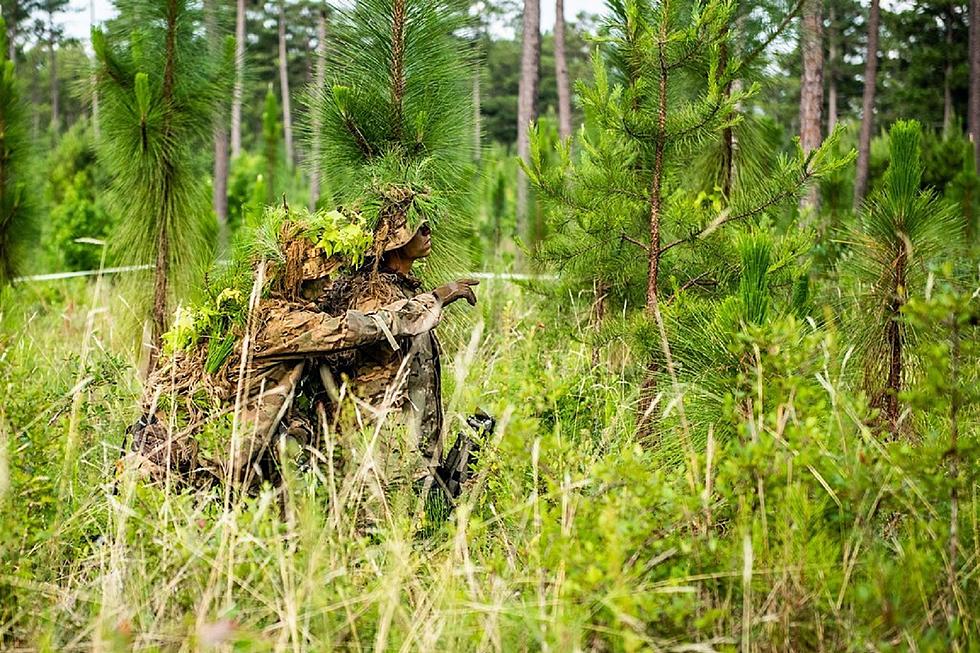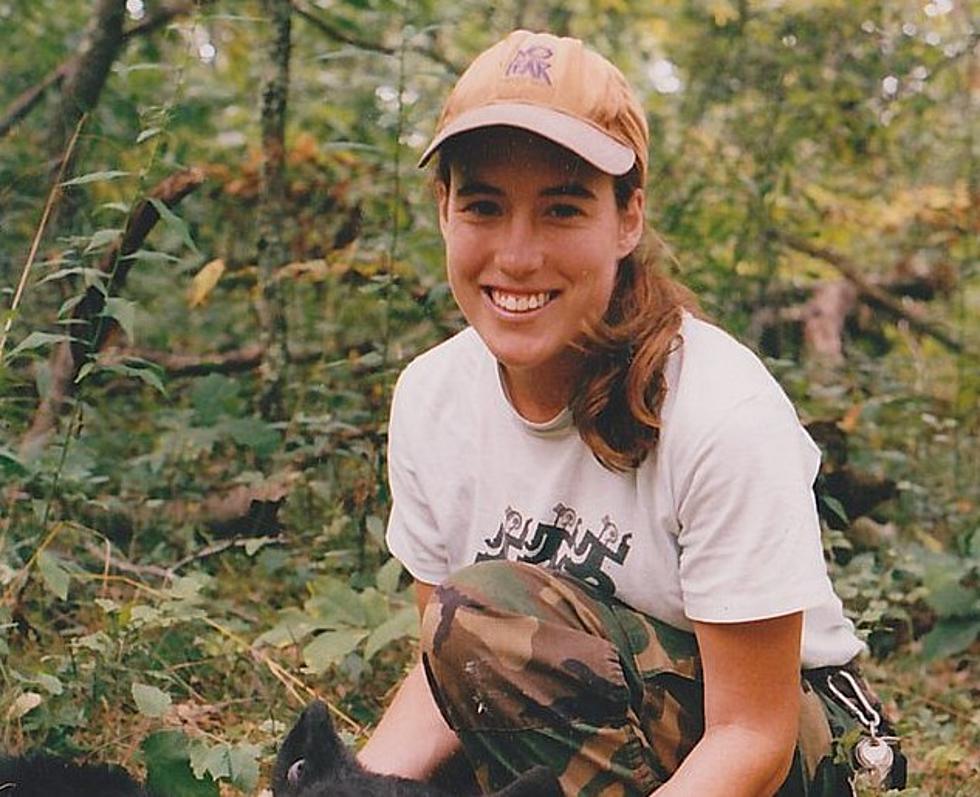
MSU AES Leases Hospital Farmland to Expand Seed Production
BOZEMAN — A property in the Gallatin Valley with a long history of agricultural use will enter a new chapter as Montana State University’s Montana Agricultural Experiment Station leases it to grow seed for crop varieties developed by the university’s plant breeding programs for Montana producers.
The roughly 317-acres of farmable land within the Highland Glen area, bordered by Kagy and Highland boulevards and Bozeman Trail Road, will be planted this spring with new varieties of peas, chickpeas and durum wheat as part of MSU’s Foundation Seed Program.
The property, which is owned by Bozeman Health, is a significant addition to the other 1,200 acres of Gallatin Valley farmland that MAES owns or leases for foundation seed production and agricultural research, according to David Gettel, MAES farm operations manager. The new lease is for five years with the option to be extended.
“It’s not often you get access to a good piece of farmland this close to town, so this is a great opportunity for us,” Gettel said.
MSU’s Foundation Seed Program grows the first generation of seed for crop varieties that the university’s researchers breed for the needs of Montana growers facing climate, pest and soil challenges across the state. This year MAES is growing 22 of its 27 new varieties in-house, with the others grown by MAES Research Centers or contracted to local growers.
“Our breeding programs keep putting out new varieties every year, and we need the acreage to be able to get the seed out to Montana farmers,” Gettel said. The property is also conveniently situated between the MSU campus and the Fort Ellis Research Farm, which will make it easier for staff traveling to cultivate and monitor the fields, he added.
Over the past decade, MAES has added two new breeding programs — for durum wheat and pulses, which include green and yellow peas, chickpeas and lentils — to its existing programs for barley, winter and spring wheat. Foundation seed is the first generation of seed that is then distributed to seed growers, who in turn produce seed for commodity growers.
“We’re the first step in the multiplication and purification process,” said Doug Holen, manager of the foundation seed program. “The need for the university to have more land is really a sign of the success of our breeding programs and the demand from Montana growers.”
Roughly one-third of the Highland Glen property will be in foundation seed production, with another third in a rotation crop such as barley and the final third kept fallow. The rotation crop and fallow help prevent plant disease and ensure fertility to meet the high standards for seed production, Holen explained.
The property was previously farmed by the Kraft family, who leased it from the health system starting in the 1960s. The Bozeman Health board had purchased the 500 acres encompassing the farmland in 1956, to ensure essential health services would be available to the communities of southwest Montana, and relocated the hospital to a portion of the property in 1986.
Vaughn Kraft grew up farming the land with his dad, earned a bachelor’s in industrial arts from MSU in 1967, and ran a machine shop in Belgrade before taking over the family farming operation full-time in the early 2000s.
“I’m glad to see this land stay in agriculture,” said Kraft, who will now focus on farming his 80 acres along South 19th Avenue. His family grew foundation seed on contract for MSU in the 1960s and ’70s and planted MSU-developed varieties of barley and other crops, so he understands the importance of the seed program, he said.
“I think, of all the options, this is probably the best,” said Kraft, who had gotten to know Gettel in recent years and helped facilitate the connection between MSU and Bozeman Health to transfer the lease. “I thought it would be a perfect fit.”
The health system is thankful for MSU’s partnership in maintaining this open space and for advancing a connection to the region’s agricultural roots, according to Denise Juneau, Bozeman Health chief government and community affairs officer. Bozeman Health's Highland Glen property also offers trails popular with hikers, bikers and cross-country skiers, and those user groups will continue to have the same access to those trails, she said.
“Bozeman Health is inspired by a desire to take outdoor active and healthy lifestyles and combine them with traditional services, including behavioral health, to increase health and wellness in a way that is accessible to all,” said Juneau. “Trails are critically important infrastructure for an outdoor, healthy life, and preserving agricultural use on this property maintains a natural setting for this active transportation system. As we gratefully honor our 60-plus years of collaboration with the Kraft family, we can think of no better partner to continue the stewardship of these farmlands than Montana State University.”
“I am excited about this new partnership with Bozeman Health as it will allow us to expand the MSU Foundation Seed Program to meet the high demand for our seeds in Montana,” said Sreekala Bajwa, dean of MSU's College of Agriculture and MSU vice president for agriculture. “This effort will help more crop producers across Montana grow MSU varieties, which are the best for the Montana environment and go on to feed people in many parts of the world.”
The property’s three large fields, separated by a coulee, will provide enough acreage for MSU to raise three or more foundation seed varieties per year and will also provide numerous research opportunities for soil science, precision agriculture and more, Gettel said.
“We hold ourselves to a high standard in terms of being stewards of the land,” Gettel said.
More From KSEN AM 1150









